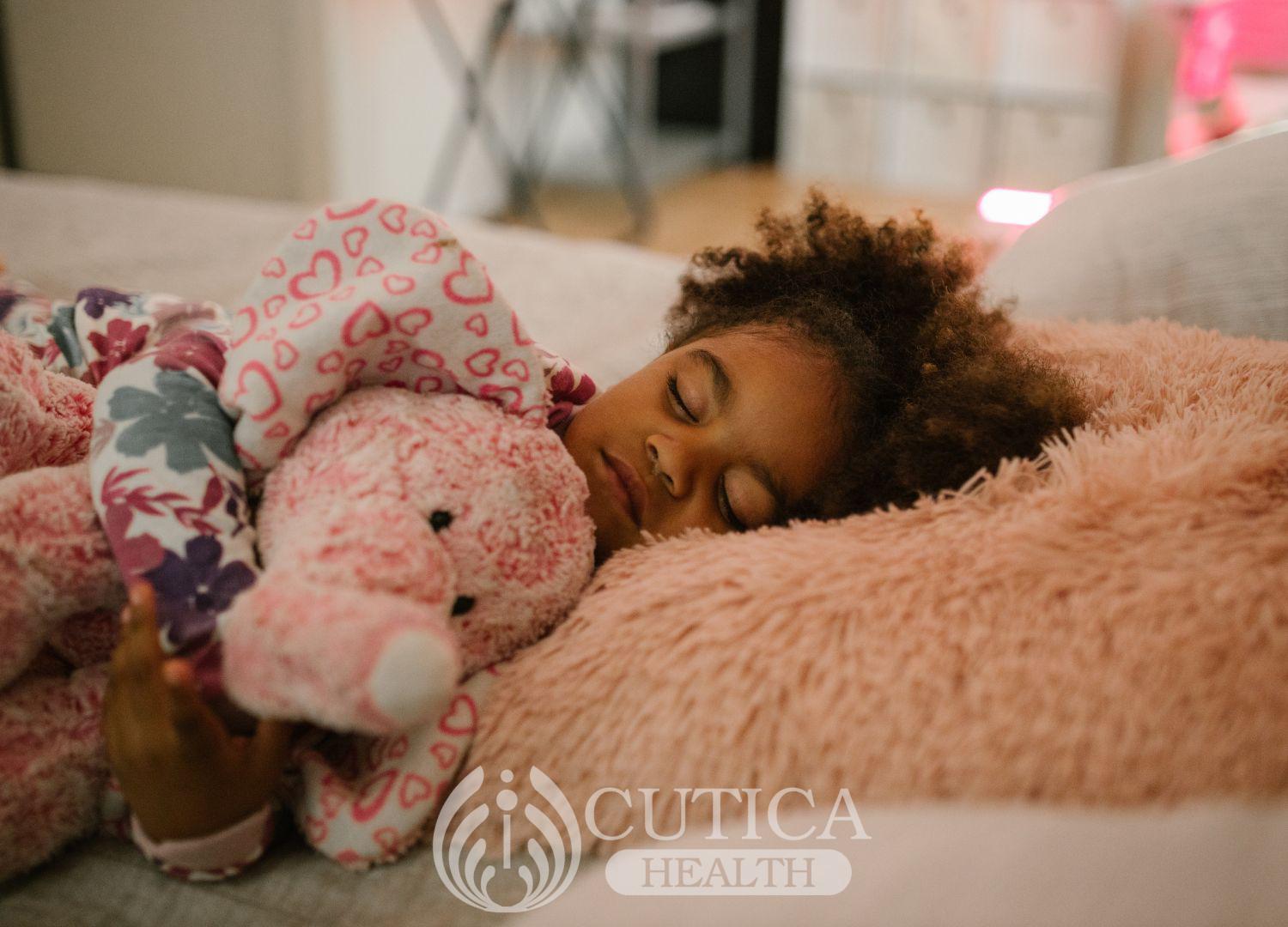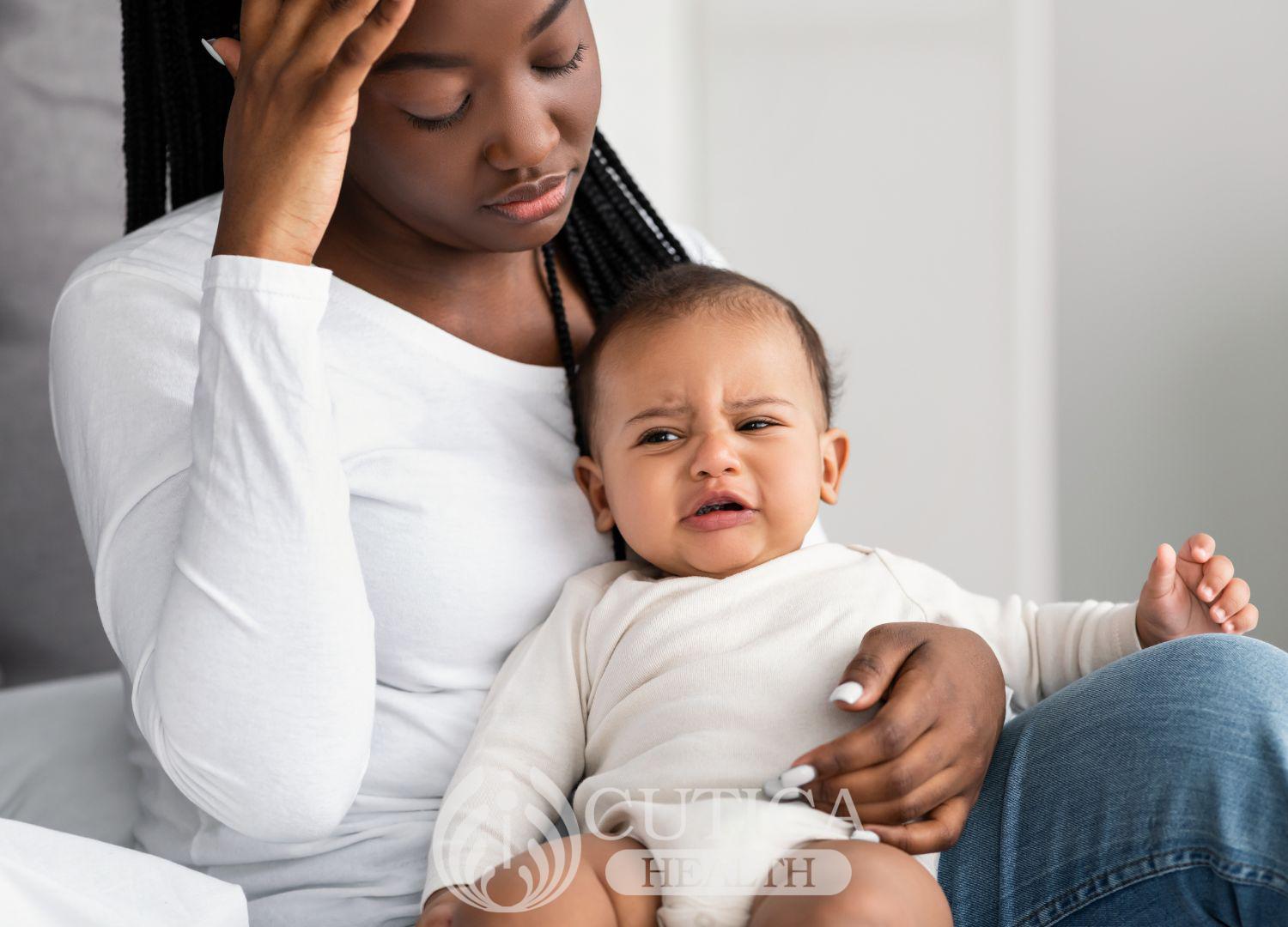
Wetin be Bedwetting?
Bedwetting, na the involuntary passage of urine when person dey sleep. This one dey common for infant and early childhood as this age-group dey represent the potty-training years when children dey learn bladder training and voluntary control of urination.
In fact, during these years, children fit wet the bed every night or most nights.
Most children go don achieved some degree of bladder control by the time they turn 4.
Bladder control dey involve the coordinated action of the muscles and nerves of the bladder and the central nervous system (brain and spinal cord).
Although the age wen children dey achieve bladder control nor dey fixed, many children still wet their bed up to age l 5.
Wetin dey outside the normal range, na wen d child continues to wet the bed after e don pass age 5 don enter age 6 or 7, this age 6 or 7 the child don dey expected to don get full bladder control. Boys na dem dey more commonly affected pass girls.
Wetin dey Cause Bedwetting?
This question don cross the mind of every parent wen em pikin get to endure this. Most cases of bedwetting nor dey arise from any underlying disease. Na only small group of children wen be say dia bedwetting dey result from an underlying illness.
Na two types of bedwetting na em dey – primary and secondary bedwetting.
Primary bedwetting dey describe bedwetting wen don continue since early childhood. For dis type, bedwetting go begin for the child potty-training years and e nor go resolve after the age when the child suppose don get full bladder control.
Secondary bedwetting, dey describe bedwetting wen dey resume after at least six months of not wetting the bed. If a child don stop to bedwetting for at least 6 months, only for am to start again, this na secondary bedwetting.
This categorization of bedwetting dey help to determine the underlying illness.
Primary bedwetting dey result from failure to achieve bladder control. The coordination of urine flow wen dey controlled by d child nervous system and urinary organs nor fully developed; so, the child nor fit hold urine while e dey sleep . This na the more common type of bedwetting.
For children wen don reach this milestone, full bladder go wake dem make dem go toilet: this na the role of the brain and spinal cord for the urination process.
For children with primary bedwetting, this coordination nor dey present while dem dey sleep.
Secondary bedwetting dey usually happen for pikin wen don previously achieve bladder control, and usually na sign of underlying medical or psychological problem.
Common causes of secondary bedwetting na:
• Structural abnormality of the urinary organs.
• Nervous system problems that disturb bladder control
• Diabetes
• Urinary tract infection
• Constipation
• Emotional problems such as parental neglect, problems at school, starting school, etc.
• Sleep disturbances
• Genetic predisposition: Bedwetting dey run for some families. So parents wen wet the bed as children fit get children wen go experience the same.
• Medications: Medications or even drinks wen contain caffeine fit cause bedwetting for pikin wen never experience am before .
Dem fit treat Bedwetting?
Bedwetting dey treatable and e require multidisciplinary team of pediatric specialists to treat am .
If pikin still dey wet bed after e don turn 5-7. Years that na good time to seek help . Treatment nor dey indicated for children wen dey younger than 5 years, as bladder control still never develop for those years and the symptoms dey likely to resolve.
When you take your child go doctors for concerns about bedwetting, dem go ask questions wen relate to the symptom including his or her nighttime routines, diet, developmental milestones, family history of bedwetting, recent stress, and use of medicines wen fit predispose am .
diagnosis of primary bedwetting dey straightforward and e nor really require any diagnostic investigations. But, for secondary bedwetting, your child doctor go order certain tests including Urinalysis, X-rays and ultrasounds of the urinary organs including the kidneys and bladder, and sleep tests.
Treatment for bedwetting dey vary depending on the underlying cause. If doctor find an underlying condition – emotional or medical – e go dey treated appropriately.
Once these causes dey addressed, bedwetting go resolves by itself.
Doctors dey recommend use of home remedies wen you wan treat pikin with primary bedwetting symptoms. These techniques are often successful to stop bedwetting. Them include:
• Reduce the intake of fluids and caffeinated foods and drinks for night .
• Make your child urinate just before bedtime
• Set timelines for your child to use the toilet; but, dey careful with this because if you over wakeyour pikin wen e dey sleep e fit alter your pikin sleep pattern and worsen the symptom. After at least seven nights of keeping toilet schedule, the pikin fit begin to wake up by himself to use the toilet.
• Use cognitive-behavioral techniques: These ones na self-awakening programs like daytime rehearsals wen go help your child simulate nighttime conditions.
• Create system of reward for every night your pikin nor wet em bed .
• Avoid to dey use diapers for your children at night, cos this one fit reduce the motivation to use the toilet for night.
• Provide adequate emotional support for your pikin as e dey go through this; Avoid blaming, teasing, or punishing your child for bedwetting. Focus on the problem, not the pikin .
• Use bedwetting alarms: majority of children wen dey use these alarms stop to bedwetting after 12 weeks. These alarms go ring loud when the pikin start to wet the bed. The sound go wake am and the pikin go enter toilet to finish up.
These bedwetting alarms have become the mainstay of treatment for bedwetting and dey even preferred over medicines.
Drugs dey for Bedwetting?
Two drugs dey approved by the United States Food and Drug Administration (FDA) for the treatment of bedwetting. But, doctors only resort to these treatments when all home remedies fail.
The problem with these medicines be say dem get lower cure rate (10-60%) and high relapse rate of more than 80%. This one dey unlike bedwetting alarms wen get cure rate of over 90% and a low relapse rate.
Plus, children wen get underlying structural problem go need surgical correction to eliminate their symptoms.












